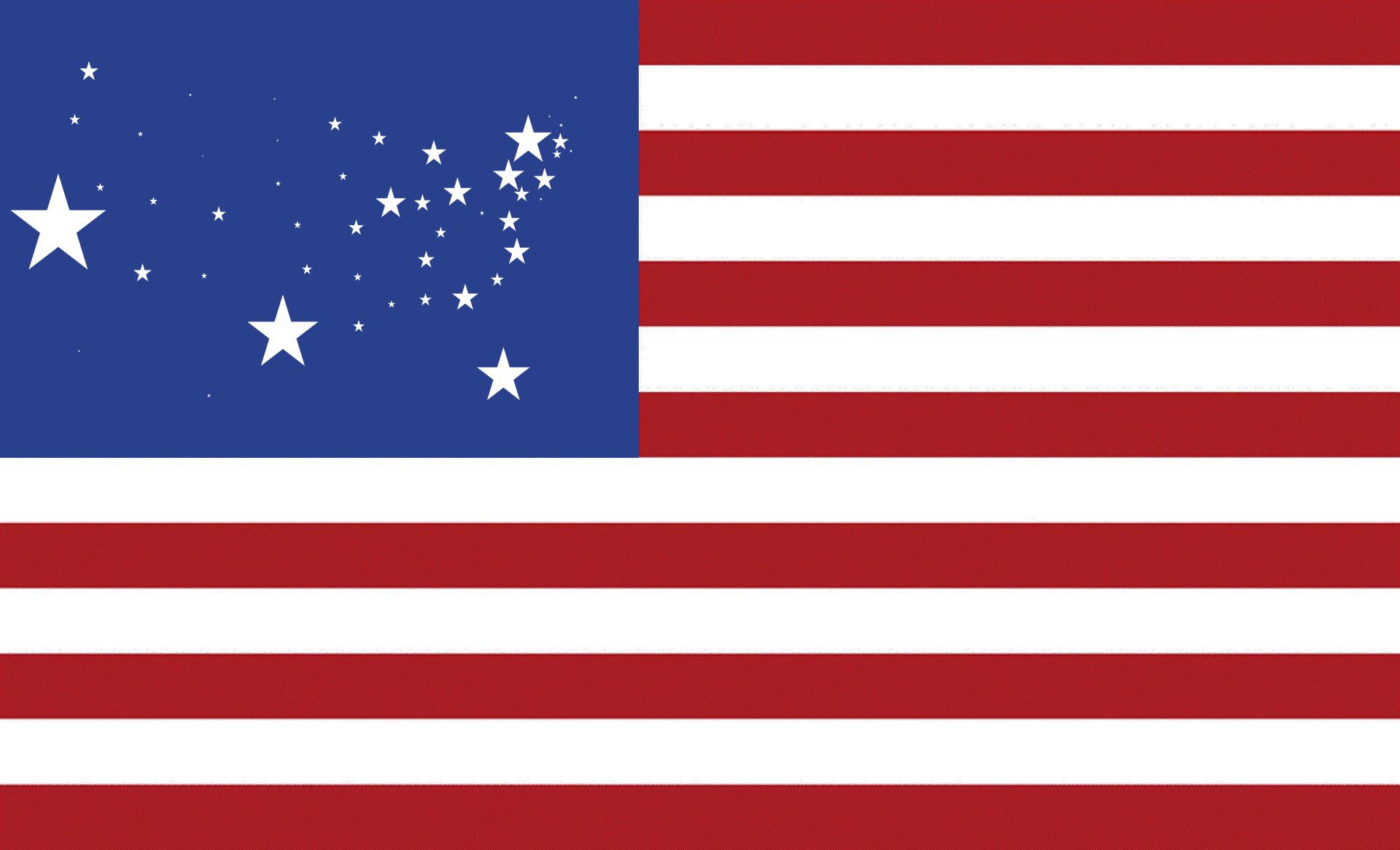TOGGLE COLUMNS (on/off):ADJUST COLUMN POSITIONS: select the column header cell and drag it where you want. show me!COPY INDIVIDUAL COLUMN(S): use CopyTables, a browser extension.
| Contribute a translation | Source (English) |
|---|---|
War Can Be Abolished | |
Through all the recorded history of man, there have been wars. Man seems to be a belligerent animal. Must one then accept the dismal forecasts of those who say wars are necessary and inevitable? | |
The protest of the human spirit against such a destiny for mankind, its detestation of the waste and carnage of war, its recognition of the disastrous consequences for the victors as well as for the vanquished— these give us grounds to hope that war can and will be abolished. | |
But do not nations differ in their characters, their interests, and their aims, and does not this difference produce tension which men seek to resolve by aggressive action and ultimately by war? | |
The tensions are indeed natural and inevitable, but it is not inevitable that men resolve them through war. | |
But what evidence have we to believe that they can be resolved peaceably? | |
Tensions exist also between individuals and between groups within a nation, yet civil government and patriotic sentiment have curbed the belligerence of individuals and have provided peaceful methods of adjudicating differences. | |
But that would imply a world-government; and where is there a government that can impose its will on nations and alliances of nations bent on aggression? Even the United Nations does not possess that power. | |
It may not possess it today, but this is only a beginning; its very existence, however, is testimony to the earnest concern of the nations with the problem of alternatives to war for resolving international conflicts. | |
But have the nations the wisdom, the justice, and the good will to subordinate national interests to the welfare of mankind? | |
In the teachings of all the great religions, it has been maintained that the ultimate destiny of the human race, the goal set for it by its Creator, is to transcend the self-centered interests of nations and races and to achieve unity and brotherhood. | |
But that is a matter of faith; can it be proved? | |
Faith can be proved, but not by argument; only by deeds. Faith should show itself in the will of the people not to suffer their governments to advance their interests in ways which other nations regard as adverse to their own. | |
But the United Nations is, after all, composed of nations jealous of their national sovereignty and is it not in danger of breaking up if the will of the majority of nations may be opposed by a militant and aggressive minority? | |
That danger exists, and, being aware of it, we must do all in our power to avert it. | |
But will our own people, or any other powerful people, accept the decisions of an international authority against what it conceives to be its national interests? Has not our whole culture glorified national patriotism as the highest virtue and martial valor as its supreme expression? | |
Patriotism is a virtue when it means that love of one’s country which takes pride in the country’s showing true moral greatness and excelling in creation, not in destruction. The faith of America must repudiate the idolatry of national aggrandizement. | |
But can we have freedom under a world authority? | |
Only such an authority can ensure our freedom from want and from fear. Only under law, and by constitutional delegation of power to carry out the common will, have we obtained the liberties we enjoy. Only by the extension of those principles to international relations can we be secure in their enjoyment. | |
Let there then be an end of doubt and hesitations. Great things have been accomplished by faith. Let us have faith that the God who planted in the human heart the seed of brotherhood and revealed to men their dependence on the law of justice intends the nations to be united and at peace. | |
And let us express that faith by our loyal adherence to the Charter of the United Nations, our continuous interest in its improvement and enhancement, and our inculcation of fidelity to it through the education of ourselves and our children. | |
And in that faith let us pray that our generation may not only be spared the scourge of war but be enabled to inaugurate the era of permanent international peace. | |
AMEN. |
“War Can Be Abolished,” was first published in The Faith of America: Readings, Songs, and Prayers for the Celebration of American Holidays (Jewish Reconstructionist Foundation 1951), p. 262-265. It is unclear from this publication whether the prayer was written by Mordecai Kaplan, J. Paul Williams, or Eugene Kohn separately or together in collaboration. –Aharon Varady
Source(s)


“War Can Be Abolished, by Rabbi Mordecai Kaplan, J. Paul Williams, and Eugene Kohn (1951)” is shared through the Open Siddur Project with a Creative Commons Public Domain Dedication 1.0 Universal license.









Comments, Corrections, and Queries